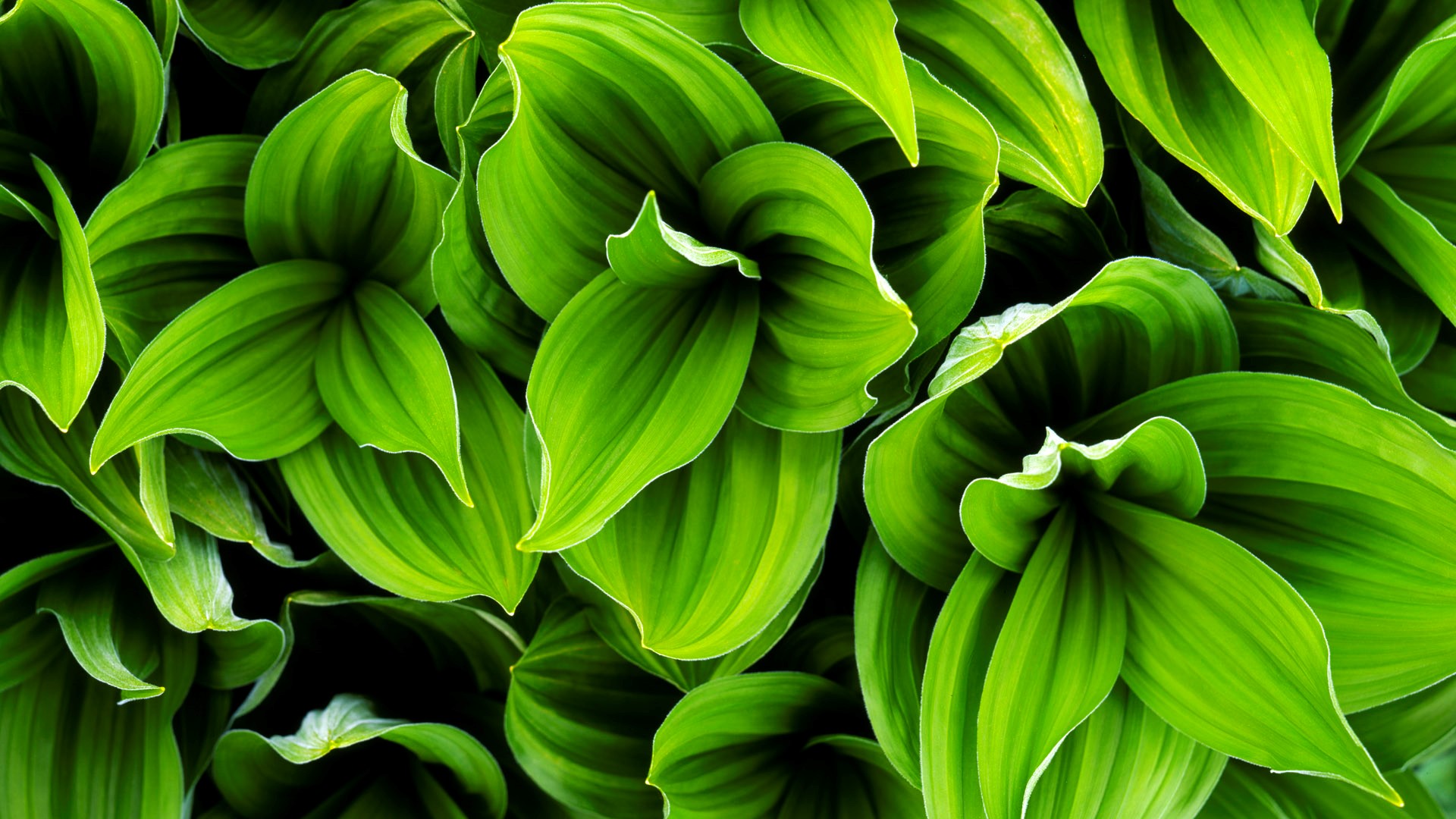
Key Takeaways:
- Plants are essential for life on Earth, producing oxygen and providing food. They come in various shapes and sizes, thrive in different environments, and even communicate with each other.
- Plants are amazing air purifiers, have medicinal properties, and can live for hundreds of years. They also provide shelter for animals, trap insects, and contribute to soil fertility.
Plants are essential for life on Earth.
Plants play a crucial role in producing oxygen through photosynthesis, which is vital for the survival of humans and other living organisms.
There are over 390,000 known species of plants.
The plant kingdom is incredibly diverse, ranging from towering trees to tiny mosses and everything in between.
Plants have been around for millions of years.
Plants have a long evolutionary history and have been on Earth for over 500 million years.
They come in various shapes and sizes.
From the towering redwoods to the delicate flowers, each plant species has its own unique form and structure.
Plants can thrive in different environments.
Whether it’s in the sweltering heat of the desert or the freezing temperatures of the Arctic, plants have adapted to survive in diverse habitats.
They are excellent air purifiers.
Plants absorb pollutants and remove harmful toxins from the air, improving the overall air quality.
Many plants have medicinal properties.
From the soothing properties of aloe vera to the pain-relieving effects of willow bark, plants have been used for medicinal purposes for centuries.
Plants provide food for humans and animals.
From fruits and vegetables to grains and nuts, plants are the primary source of nutrition for both humans and animals.
They can communicate with each other.
Through chemical signals and underground networks, plants can communicate and share vital information with each other.
Some plants can move.
From the rapid movement of carnivorous plants to the slow bending of sunflowers towards the sun, plants exhibit various forms of movement.
Plants have intricate reproductive systems.
From the pollination process to the formation of seeds and fruits, plants have evolved complex mechanisms for reproduction.
Plants can live for hundreds or even thousands of years.
Some of the oldest living organisms on Earth are trees, such as the bristlecone pines, which can live for over 5,000 years.
They provide shelter and habitat for many animals.
Plants create homes and microhabitats for a wide range of animals, from birds building nests in trees to beetles living on leaves.
Plants can adapt to changing environmental conditions.
Through processes like photosynthesis and transpiration, plants can adjust to varying levels of sunlight, water availability, and temperature.
Some plants have evolved to trap and digest insects.
Carnivorous plants, such as the Venus flytrap and pitcher plants, have developed unique mechanisms to capture and consume insects.
Plants produce a wide variety of useful materials.
From timber for construction to fibers for clothing and paper, plants provide essential materials for human civilization.
Plants can be used to indicate environmental conditions.
Indicator plants, like lichens that are sensitive to air pollution, can help assess the quality of the surrounding environment.
Plants can store large amounts of carbon dioxide.
Through the process of carbon sequestration, plants play a vital role in mitigating climate change by capturing and storing carbon dioxide.
They contribute to soil fertility.
Plants enrich the soil with organic matter, nutrients, and help prevent erosion, maintaining healthy ecosystems.
Plants have cultural significance.
Plants have been used in rituals, ceremonies, and cultural traditions by different societies throughout history.
Conclusion
These 20 facts about plants highlight the vital role they play in our world, from providing oxygen and food, to their incredible diversity and environmental benefits. Understanding and appreciating plants is crucial for our sustainable future and the preservation of our planet’s biodiversity.
Conclusion
Plants are not only essential for our survival, but they also hold a remarkable beauty and complexity that is worth exploring. These 20 facts about plants have shed light on their fascinating world, showcasing their incredible adaptability, unique characteristics, and vital role in sustaining life on Earth. From their diverse forms and functions to their intricate relationships with other organisms, plants continue to amaze us with their resilience and intelligence.
It is important to recognize the significance of plants and work towards their conservation and protection. By understanding and appreciating the wonders of the natural world, we can cultivate a deeper connection with nature and strive to create a more sustainable future for all living beings.
FAQs
Q: How do plants obtain energy?
A: Plants obtain energy through a process called photosynthesis, where they convert sunlight into chemical energy using chlorophyll.
Q: How long do plants live?
A: The lifespan of plants varies greatly depending on the species. While some plants can live for several years, others may only survive for a few months.
Q: Can plants feel pain?
A: Plants lack a central nervous system, so they do not have the ability to feel pain as humans do.
Q: Why are plants important for the environment?
A: Plants play a crucial role in maintaining the balance of ecosystems. They provide oxygen, absorb carbon dioxide, prevent soil erosion, and support numerous animal species.
Q: Do all plants bear flowers?
A: No, not all plants bear flowers. Some plants, such as ferns and mosses, reproduce through spores rather than flowers.
Was this page helpful?
Our commitment to delivering trustworthy and engaging content is at the heart of what we do. Each fact on our site is contributed by real users like you, bringing a wealth of diverse insights and information. To ensure the highest standards of accuracy and reliability, our dedicated editors meticulously review each submission. This process guarantees that the facts we share are not only fascinating but also credible. Trust in our commitment to quality and authenticity as you explore and learn with us.
